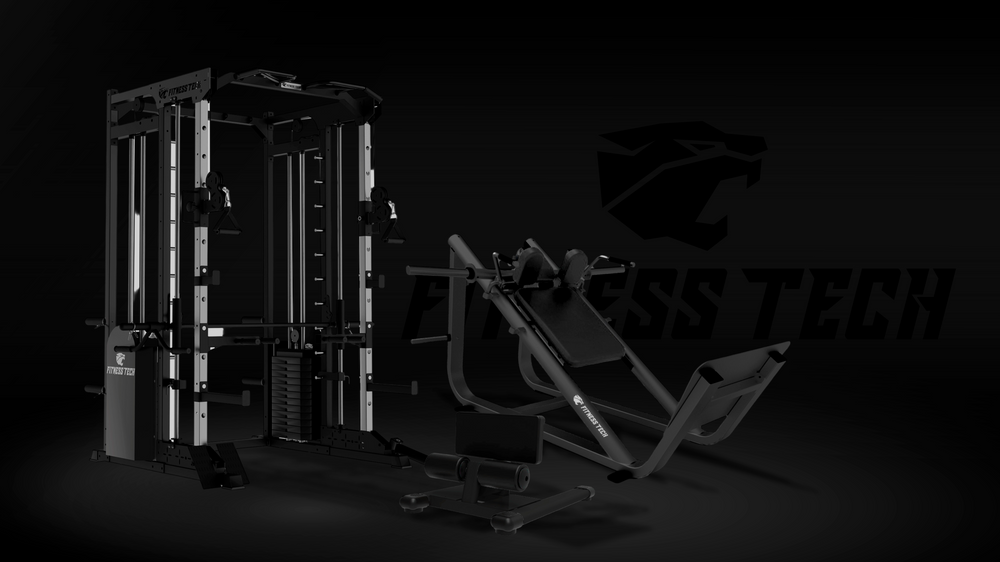Is it better to exercise before or after eating?

There are several aspects that worry athletes about their exercise routines, especially related to the number of repetitions or their intensity. However, a recurring concern is whether it is better to exercise before or after eating.
This topic is especially relevant for those seeking to perform at their best during physical activity, as the ideal time to train can significantly influence performance.
It is a recurring concern especially for those who train close to meal times or just after, since the body's situation changes once digestion has started compared to the moments before beginning to ingest food.
But, what is better, to train before or after digestion has started? Is it advisable to eat before or after exercising?
Is it more advisable to exercise before or after eating?

Although much has been written about whether it is better to eat before or after exercising, the truth is that there is no single answer because it depends on various factors and each particular case.
And for each type of training, it is better to do it before or after in varying proportions and with spaced time margins. For example, in overweight people, it is best to start the day exercising on an empty stomach. This way, the body consumes more fat reserves.
However, breakfast is important to maintain normal blood sugar levels, which helps prevent metabolic disorders.
An important aspect is that nutrient absorption increases when training on an empty stomach. This happens because the body increases the capacity for nutrient and vitamin absorption after exercise, since muscle groups need it to complete their building.
This means that the best time to exercise would be before the meal, so the body better absorbs the vitamins once the exercise routine is finished.
That applies to strength and muscle-building exercises. But what about aerobic exercises? Is it good to exercise before eating or is it better to do them afterward?
In this case, things change a bit. For example, if we are about to do an activity like indoor cycling, characterized by its high intensity and the continuous movements performed on the bike, we are going to need some energy boost before starting so as not to subject the body to such a drastic level of wear.
And we must not forget that, although the body is subjected to a physical workload, we should not fall into exhaustion.
In these cases, the ideal is to consume a nutrient-rich half an hour before starting to train (the banana is ideal) so that the body has the necessary energy to train at maximum level from the start.
Based on this example, we can say yes, it is good to exercise after eating, but in very moderate amounts and after allowing enough time to pass to reduce the risk of indigestion.
Does physical condition influence the choice of the ideal time to train?

Just as the type of exercise to be performed influences the decision of whether it is better to train before or after eating, the fitness level the athlete who is going to train is also relevant to determine the ideal time to exercise.
It will be different if we talk about a physically active person who trains regularly, compared to someone who trains less frequently.
For example, as we mentioned before, people who are overweight are better off training before eating. If they exercise on an empty stomach, the body will be surprised by a powerful and unexpected workload. This will encourage the use of fat reserves and their transformation into energy since blood sugar levels are not yet regulated. In this example, the health benefit is clear.
On the other hand, if you exercise after eating, the sugar levels have already stabilized and the body won't suffer that surprise effect.
That doesn't mean the body doesn't benefit from exercise, but it does mean that you won't surprise the body like when nothing has been eaten yet during the day.
Therefore, should you eat before or after exercising? Generally, it is best to eat afterwards, although to carry out the more exhausting routines or that require outstanding physical effort, it is important to consume some food capable of giving the body what it needs to face the effort it is about to have to perform.
In fact, what makes foods like the banana a perfect solution for training is that it is a fat-free, which manages to provide the body with the right amount of nutrients without impairing performance.
This helps the athlete to perform beyond their own expectations and reach their maximum capacity.
It should be remembered that, just as it is important for the body to help maintain a constant level in routines, it is also important to provide it with the nutrients it needs to perform properly. Otherwise, exercises will be less productive if the body is not in a condition to meet the demands that the activity requires and it will cause health problems.
Conclusions about the best time to train

Although in certain cases it is recommended to eat before training, it is usually advisable to eat afterwards to to meet the body's needs due to the wear caused by the routines.
When exposed to physical effort, the body enters a catabolic process in which energy reserves are depleted, muscle fibers are destroyed and water levels decrease. Precisely for this reason, it is important to maintain hydration during exercise and eat healthily after completing the routines, as it is necessary to end the catabolic state to start a recovery process.
The body will be much more receptive after training, and will have a greater ability to absorb nutrients in the moments immediately after physical exercise.
This capacity is significantly lower before training, so, from a nutritional point of view, the best is to eat after having trained or, at least, to do so mostly after finishing the routines.






Leave a comment